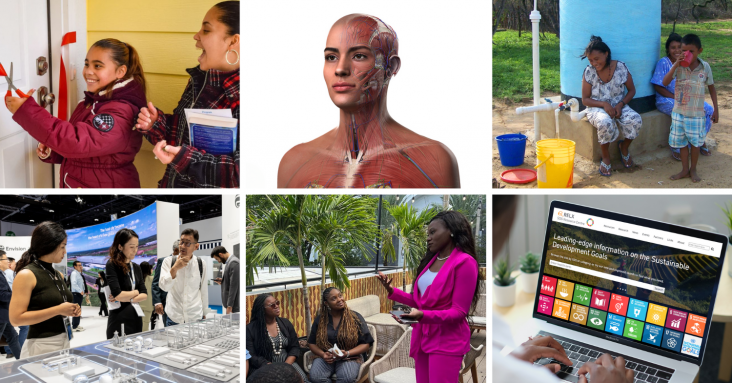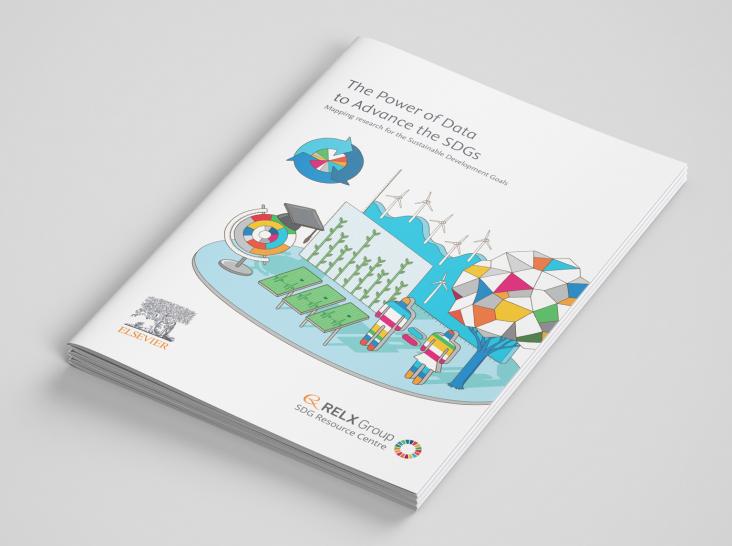This content aligns with Goal 3: Good Health by addressing the complex phenomenon of phantom limb pain, which can significantly affect the quality of life for individuals who have undergone amputations. By understanding the mechanisms behind this condition and the varied experiences of patients, healthcare providers can develop more effective pain management strategies and psychological support systems, ultimately improving patient outcomes. Additionally, it supports Goal 10: Reduced Inequalities by highlighting the need for tailored medical interventions that recognize the unique challenges faced by amputees, ensuring that all patients, regardless of their background or circumstances, receive comprehensive care that addresses both physical and emotional aspects of their recovery.
This study explores how visually impaired persons (VIPs) learn mathematical concepts, like the Pythagorean theorem, through tactile and haptic interaction with material objects rather than visual illustrations. Using video-recorded data and conversation analysis, the research highlights how transforming visual materials into tangible forms supports math learning.


